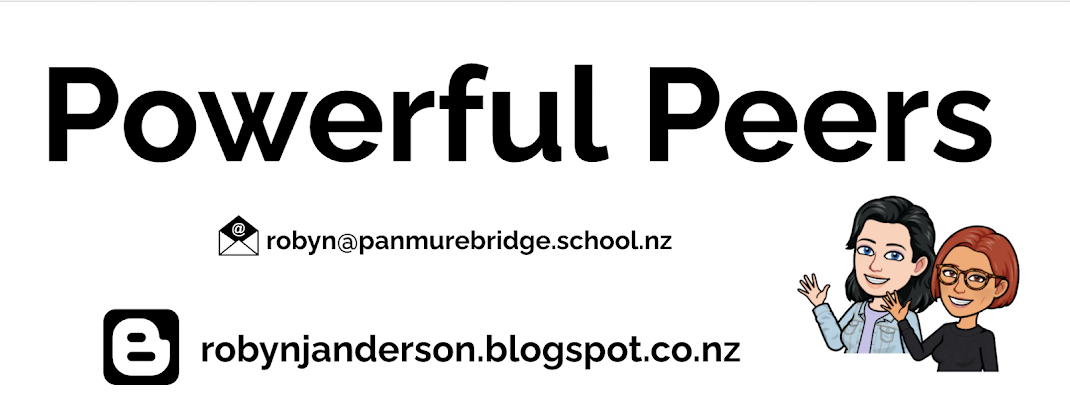When I introduced the topic I asked, 'What do you already know about Matariki?' To sum this up, I started with a blank sheet and ended with a blank sheet. No one felt confident enough to offer their opinion. To get around this I suggested we read the text 'Celebrating Matariki' then try to answer the question again.
I knew I needed to scaffold this further and hook them in, so I gave each person a vivid and asked them to write down any words they thought were important, any facts they thought were interesting or any questions they had on our shared thinking page. I explained that we were going to learn about Matariki together so we could help each other, but if that was going to be successful we would need to have lots of learning conversations.
I used my 'steal' (the link is below) from observing Matt Goodwin, to help us unpack this text. The initial silence I had been met with earlier quickly disappeared as they raced to be the first to share their thinking or define new words.
Click here to access this activity
After reading and talking about this text, we looked at our thinking sheet and set about finding the '20 most important words' in the information. It was really interesting to sit back after showing them how to identify if we had recorded the words more than once, and listen to the dialogic discussion evolve. Even more interesting to me was the fact that there were no longer any passengers on this learning journey, everyone was actively involved. I modelled how to find information in the text to support their responses. It is apparently, a lot of fun to 'race' to find the words by reading with quick eyes (skimming and scanning).
Once we had identified our important words, I introduced them to our summary scaffold. We then needed to reduce that list of 20 words to a smaller list of 6 words. I was amazed to see that there was no hesitation with this challenge. Our final task was to use the 6 words we had decided were most important and write them in sentences to summarise the facts in the text. This part needed a lot of teacher support, but that is the reality of working with learners who find learning a challenge.
Just before we finished I asked them again what they knew about Matariki. This time everyone had something to contribute and I accepted every response. I did, however, have to help one learner reword what they were trying to say as they had got a bit mixed up. Experience told me here that positive praise would keep the confidence growing and the talk going.
Over the next few days we referred back to this learning and built on it. Each time I noticed these learners were quiet participants at the start of each task, but were confidently sharing their thinking at the end. I did not simplify the framework in any way. What I did do was scaffold my language of instruction. A point that highlights how knowing your learners enables you to empower them.
The DLO's above show how we added building blocks to this task to help strengthen our connections to a new topic. Over the last few days, together we have used learning conversations to explore the strategies of activating prior knowledge, skimming and scanning, questioning, making connections, summarising, finding information and evaluating at their level, and at their pace.









No comments:
Post a Comment